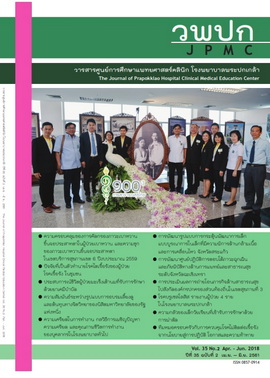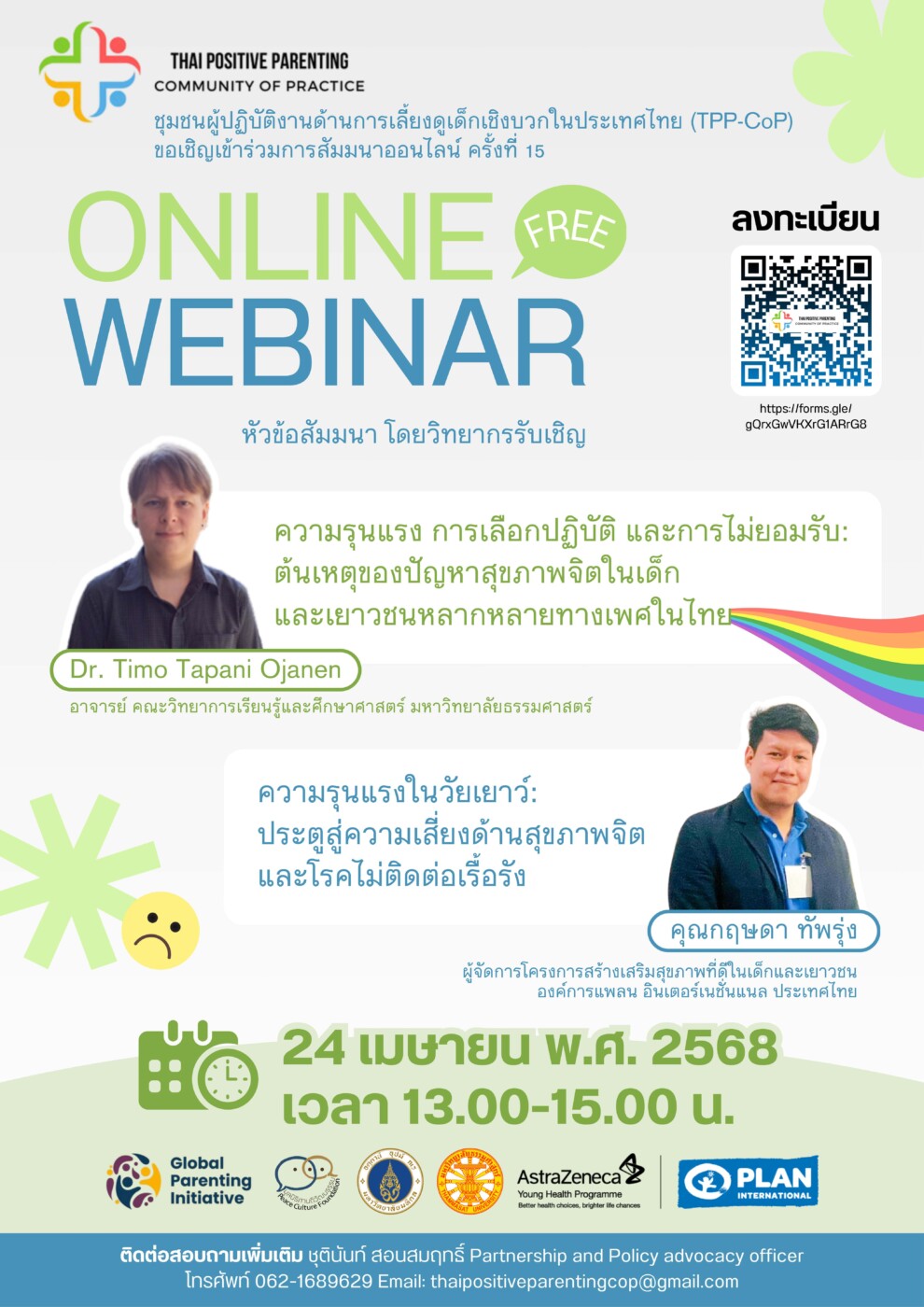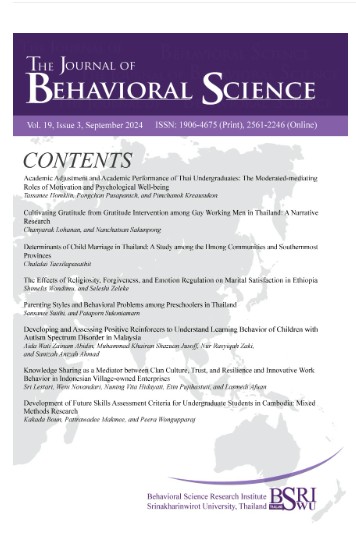Author
Parawee Kantasorn, M.Sc.
Department of Psychiatry Faculty of Medicine Siriraj Hospital Mahidol University
Sudsabuy Chulakadabba, M.D
Faculty of Medicine Siriraj Hospital, Mahidol University
Sirinadda Punyapas, M.D.
Faculty of Medicine Siriraj Hospital, Mahidol University
Abstract
Background: Psychological capital (PsyCap) is a desirable attribute for undergraduates causing satisfaction in education a life which could be improved or changed. Also, parenting was a highly influential factor in personal development which may affect PsyCap.
Objective: This study aimed at finding the relationship between perceived parenting styles and psychological capital in undergraduates of a public university.
Materials and methods: Four hundred and two undergraduates of one public university in academic year 2016 were drawn by using a multi-stage random sampling method. The tools used were a parenting styles assessment form and Thai-Psychological Capital Inventory. The data was analyzed using basic statistical values, variance, Pearson correlation coefficient, and stepwise multiple regression.
Results: Undergraduates had moderately high psychological capital. Most perceived that they had been through authoritative parenting style. Psychological capital was different according to parenting style. Authoritative and permissive parenting styles had positive relationship with psychological capital while authoritarian and neglectful parenting styles had negative relationship with psychological capital with statistical significance. Authoritative parenting style could predict psychological capital with statistical significance.
Conclusions: Parenting style had influence on psychological capital and suitable parenting was a factor that could improve psychological capital among undergraduates.
Method multi-stage random sampling method
Journal Prapokklao Hospital Clinic Medical Education Center
Year: 2024 2018
Link for more information https://he02.tci-thaijo.org/index.php/ppkjournal/article/view/103264




